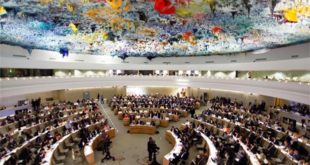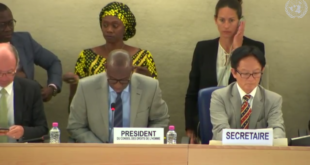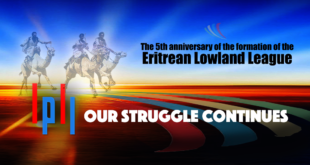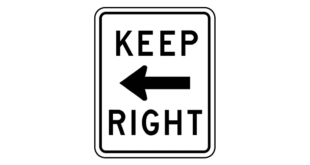The migrant camps in Calais are all over the news. But what happens to the people who make it to the UK after that dangerous trip – strapped to a speeding train or stuck in the rumbling dark of a lorry?
Rhys Cutler works in our refugee service in Kent – and has heard some stories and facts he won’t forget.
Recently, the British Red Cross helped a number of migrants in Folkestone. They’d all arrived through the Channel Tunnel.
These were young men: Eritreans, Syrians, Afghans. Most were from global conflict zones. Many were injured.
That was to be expected after living in inhumane conditions for several months, before scaling barbed wire fences and jumping on to trains travelling at 40mph. They needed first aid for medical issues such as sprained joints and infected wounds.
Many had also suffered significant emotional trauma. It was humbling to see how gratefully they received even basic items, such as blankets.
But every night, hundreds more will attempt the same journey.
No choice at all
Six months ago, David was among a group like this. He is 17 and from Eritrea.
When asked to explain why he came to Europe, he told me:
“There wasn’t a choice. A life of slavery in the military. A life locked away underground and tortured because I don’t choose military conscription. A life with no hope and hand-outs in a [refugee] camp.
“Or maybe I survive the journey to Europe and have the chance of a life. What choice?”
And David’s story is not unique.
‘Crimes against humanity’
While many conflicts and issues receive high levels of media coverage, others remain hidden from sight.
Did you know that more Eritreans claimed asylum in the UK last year, than from any other country in the world?
Everyone in Eritrea must complete their final year of high school in military conscription. However, in practice, most will spend their entire working lives in national service, where the UN says “slavery-like practices are routine”.
The UN goes on to write, in the 2015 report, that “the violations in the areas of extrajudicial executions, torture (including sexual torture), national service and forced labour may constitute crimes against humanity.”
It is perhaps unsurprising that an estimated 7,000 people flee Eritrea on a monthly basis.
And many are as young as David.
Twelve dead this year
Today, there is unprecedented conflict in the world. According to UNHCR estimates, this has led to around 60 million people having to flee their homes globally.
The majority of people seek sanctuary in neighbouring countries – but some do attempt the dangerous journey through Libya. From there, they face the perilous sailing across the Mediterranean; a journey that claims thousands of lives a year.
For the small number who come as far as Calais, they face months – if not years – sheltering from the elements under donated blankets in makeshift cardboard communities.
These vulnerable people are then forced to risk their lives inside refrigerated vehicles, holding on to the underside of lorries, or jumping on to moving trains.
Meanwhile, 12 people have died on this stage of the journey this year – and countless others injured.
Children needing care
People are risking these journeys as UK immigration law makes it near impossible for most non-nationals to enter the country without obtaining a visa in advance. You can also claim asylum in a country only when you are inside its borders – and the system is becoming increasingly difficult.
Once in the country, other issues arise. Recently, Kent county council highlighted how the number of children in their care has almost doubled since March – and appealed for assistance from the Home Office.
It is imperative that any solutions are in the best interests of these highly vulnerable young people.
While this happens, the Red Cross and other organisations in the sector will continue to offer support – just like we did the other week.
Uncertain future
Many of these young men will go on to gain refugee status, due to the clear persecution they face. They will remain in the UK, where they can build new lives and make positive contributions to society.
But if their claims are refused, the future is worrying.
The UN says that Eritreans who flee their country without permission are regarded as “traitors”. They are put in prison and “systematically ill-treated to the point of torture”.
This is the tragic end to escape routes – sometimes years-long – across deserts, war zones and dangerous seas.
But as David said – “What choice?”
Names have been changed.
….
Source: ![]()
 ELL Eritrean Lowland League
ELL Eritrean Lowland League




